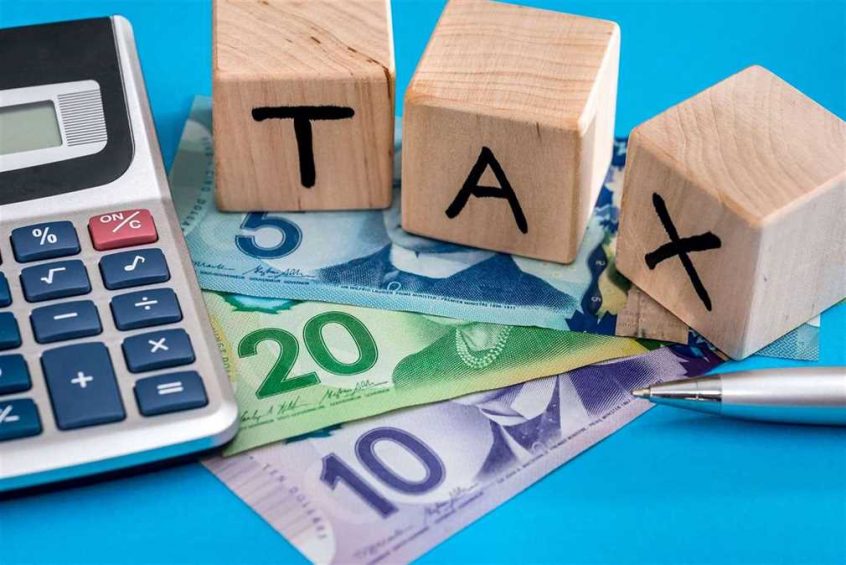The Internet has opened up a whole slew of new avenues for making revenue, from Uber driver to freelance writer to AirBnB host. One of the important changes this creates for those who make money in the gig economy is that it becomes essential to understand what constitutes a business, what doesn’t, and what eligible business expenses can be written off. Today, we’re going to focus on a specific type of gig job: the content creator. Content creators are hard to define, so we’ll use a loose definition here: those who make money on social media, either through advertising on sponsorship, are content creators.
The first thing content creators should be aware of is that self-employed people must pay into the Canada Pension Plan. This applies to self-employed people who earn more than $3500, the basic minimum exemption for the CPP. All people must pay into the CPP, but self-employed people must pay the employer and employee share, which is currently 10.2%. This percentage will go up over time as Canada enhances the Canada Pension Plan.
Another thing you should be aware of if you’ve never been self-employed before is that you should shore up some money for tax time. Those who have been hired by employers their whole lives are used to taxes being taken off of each paycheque; this will not be the case when you’re earning money from various revenue streams while content creating, so you might owe more at tax time than you have before. This isn’t the end of the world, and there’s like plenty of deductions you can take (we’ll look into these later), but awareness of how important fund management is will help you in the long run.
Now that you’re running a business, there’s a plethora of business deductions that may be available to you. Many content creators make their content at home; this can allow you to use the business-use-of-home expense deduction. Those who hire people to edit their videos can deduct the salaries they pay out as an expense; remember that as an employer, you may have to pay out CPP, which is one of the reasons many people opt to hire freelancers instead of employees. Depending on what kind of content you create, there are a number of other deductions you might be able to make for supplies essential to the running of your business. A Twitch streamer might claim the games they purchased as an expense, while a YouTube channel focused on a puppy might claim the food and grooming for the pup as a necessary expense. Remember that the CRA can always audit you, so you’ll need to be able to show the expenses as business expenses – you can’t just write anything off.
This is all pretty tricky; as a new business owner, it can be hard to know what the CRA will and won’t accept as business write-offs, and it can be harder still to know what hiring schema you should employ, and the best way of organizing your purchases and earnings so it’s easier around tax time. At Compass Accounting, our tax accountants are a huge help for any new business, content creators included; they’ll help you understand how to organize and file, and what deductions can realistically be taken.

